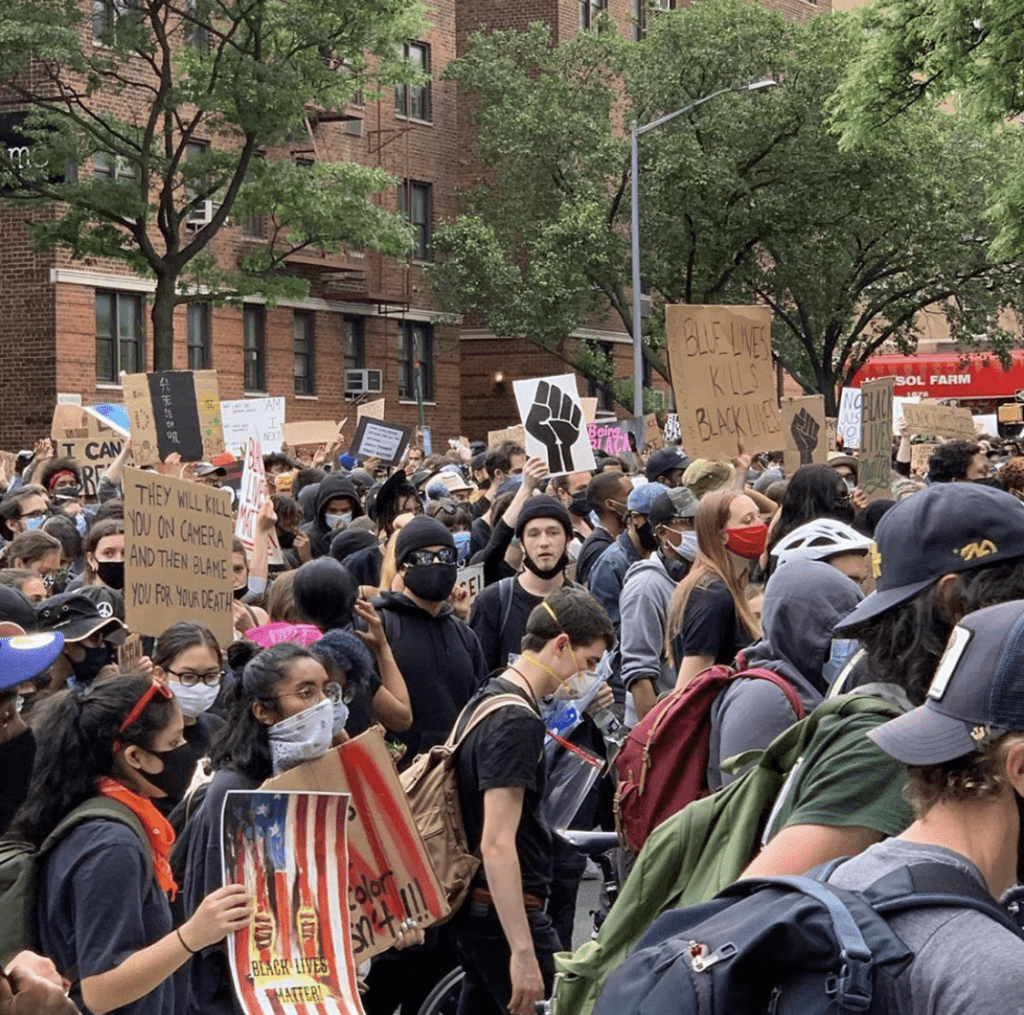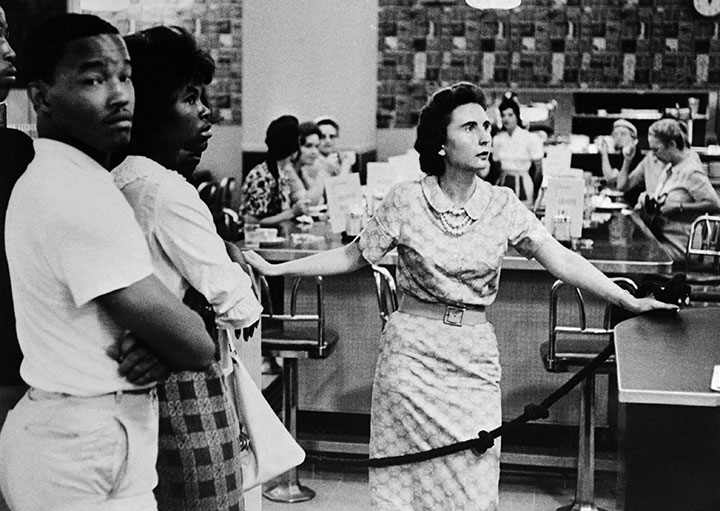April 19 has become a significant date in the context of civil rights movements in the United States, serving as a catalyst for change and a reminder of the ongoing struggle for equality. From landmark events to pivotal moments that galvanized public opinion and mobilized activists, this date has been etched in the annals of civil rights history. In this article, we will explore various events that have occurred on this date and their profound impacts on civil rights movements, drawing connections between these events and the broader context of social justice.
The Significance of April 19 in Civil Rights History
The significance of April 19 can be traced back to several key events that have marked this date as one of protest, awareness, and change. These events reflect the various dimensions of the civil rights struggle, including racial justice, police violence, and community activism. Below are some notable examples:
- April 19, 1993: The Siege at Waco
- April 19, 1971: The First National Black Political Convention
- April 19, 1995: The Oklahoma City Bombing
- April 19, 1965: The March on Washington for Jobs and Freedom
The Siege at Waco: A Turning Point for Civil Rights Activism
One of the most significant events on April 19 was the conclusion of the 51-day siege at the Branch Davidian compound in Waco, Texas, in 1993. The siege ended tragically when the compound was engulfed in flames, leading to the deaths of 76 individuals, including many women and children. This incident sparked widespread debate concerning government authority, religious freedom, and the rights of marginalized groups.
While the siege itself was not a civil rights protest in the traditional sense, it raised crucial questions about state power and civil liberties that resonated with various civil rights activists. The event highlighted the need for greater accountability and transparency within law enforcement agencies, particularly in their interactions with minority communities.
The First National Black Political Convention: A Call for Unity

On April 19, 1971, the First National Black Political Convention convened in Gary, Indiana. This landmark event brought together thousands of African American leaders, activists, and citizens to discuss and strategize on issues affecting the Black community. It was a pivotal moment in U.S. history, as it sought to unify Black political power and advocate for systemic changes that addressed racial inequality.
Key themes emerged from the convention:
- The need for a comprehensive civil rights agenda that transcended individual issues.
- The importance of local and national political engagement.
- The call for economic justice and employment opportunities.
The convention ultimately led to the formation of the National Black Political Convention Committee and served as a precursor to subsequent movements focused on political representation and empowerment for African Americans.
The Oklahoma City Bombing: A Wake-Up Call Against Domestic Terrorism
The Oklahoma City bombing on April 19, 1995, was one of the deadliest acts of domestic terrorism in U.S. history, resulting in the deaths of 168 people, including 19 children. This tragic event was perpetrated by Timothy McVeigh, who sought to protest what he viewed as government overreach and tyranny.
While the bombing was not directly related to civil rights, its aftermath led to significant discussions about hate crimes, domestic terrorism, and the need for a comprehensive civil rights framework that includes protections against violence motivated by racial and ideological hatred. The event galvanized various civil rights organizations to advocate for legislation that addresses hate crimes and promotes social justice.
The March on Washington for Jobs and Freedom: A Historical Precedent

April 19 is also significant in the context of the March on Washington for Jobs and Freedom, which took place in 1965. This event was a precursor to the more famous March on Washington in 1963, which featured Dr. Martin Luther King Jr.’s iconic “I Have a Dream” speech. The 1965 march focused on economic justice and the need for immediate action to address poverty and unemployment among African Americans.
Key demands of the march included:
- Fair employment practices.
- A living wage for all workers.
- The establishment of a national minimum wage.
The march catalyzed significant legislative changes, including the eventual passing of the Civil Rights Act of 1964 and the Voting Rights Act of 1965, both crucial milestones in the fight for civil rights.
Lessons Learned: The Ongoing Struggle for Civil Rights

The events of April 19 throughout history illustrate the complexities of the civil rights struggle and the interconnectedness of various movements for social justice. Key lessons can be drawn from these events:
- Unity is essential: The First National Black Political Convention underscored the importance of collective action and solidarity among marginalized communities.
- Awareness of state power: The Waco siege and the Oklahoma City bombing serve as reminders of the need for vigilance against government overreach and the protection of civil liberties.
- Economic justice is a civil right: The emphasis on economic issues during the March on Washington highlights that civil rights cannot be fully realized without addressing economic inequality.
Conclusion: April 19 as a Catalyst for Change

April 19 has proven to be a date of profound significance in the civil rights movement, marking moments of grief, unity, and awakening. The events that have transpired on this day serve as reminders of the ongoing struggle for justice, equality, and human rights. These historical events illustrate that while progress has been made, the fight for civil rights is far from over.
By reflecting on the lessons of the past, today’s activists can draw inspiration and strategies to continue the fight against systemic injustice and inequality. The spirit of April 19 lives on as a call to action for all who seek to create a more equitable society.




